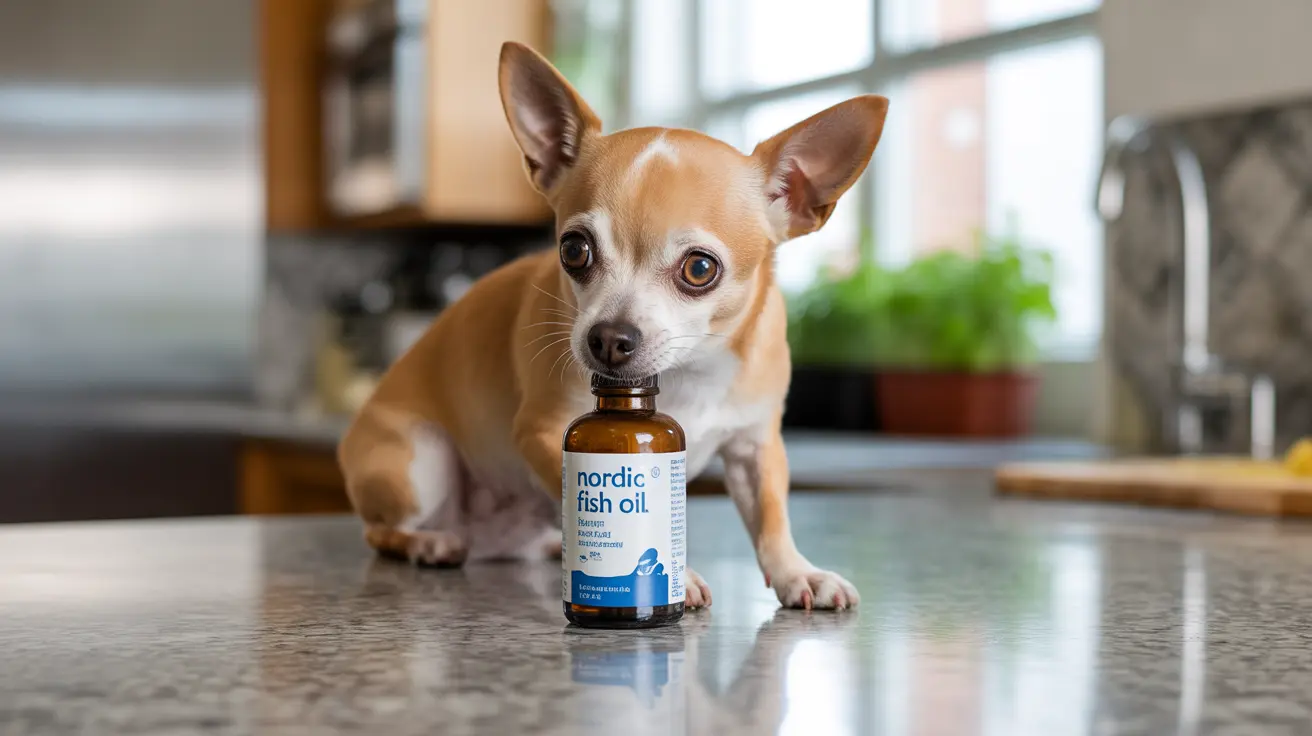Adding healthy oils to your dog's diet can significantly boost their overall health and well-being. From supporting joint health to promoting a lustrous coat, the right oils can make a remarkable difference in your pet's quality of life. Let's explore what oils are good for dogs and how to use them effectively.
As pet owners become more conscious about their dogs' nutrition, understanding the benefits and proper use of different dietary oils has become increasingly important. This comprehensive guide will help you make informed decisions about incorporating healthy oils into your dog's diet.
Understanding the Benefits of Different Dog-Safe Oils
Fish Oil: The Gold Standard
Fish oil stands out as one of the most beneficial supplements for dogs. Rich in EPA and DHA omega-3 fatty acids, it offers numerous health benefits:
- Reduces inflammation
- Supports joint health
- Improves skin and coat condition
- Enhances cognitive function
- Strengthens immune system
- Promotes heart health
Coconut Oil: A Versatile Option
Coconut oil has gained popularity among pet owners for its multiple benefits:
- Natural antimicrobial properties
- Aids in digestion
- Helps maintain healthy weight
- Improves energy levels
- Freshens breath
- Soothes dry, itchy skin
Krill Oil: A Pure Alternative
Krill oil offers similar benefits to fish oil but with some unique advantages:
- Lower risk of mercury contamination
- Higher bioavailability
- Additional antioxidant properties
- Easier absorption
How to Choose and Use Oils for Your Dog
Selecting Quality Products
When choosing oils for your dog, consider these factors:
- Look for cold-pressed, unrefined options
- Check for third-party testing
- Verify freshness dates
- Choose appropriate concentration levels
- Consider your dog's specific health needs
Proper Dosing Guidelines
Start with small amounts and gradually increase to the recommended dose based on your dog's weight. Always consult your veterinarian for specific dosing instructions, especially if your dog has underlying health conditions.
Safety Considerations and Potential Risks
While oils can be beneficial, there are important safety considerations:
- Start slowly to avoid digestive upset
- Monitor for adverse reactions
- Store oils properly to prevent rancidity
- Avoid human supplements with added ingredients
- Never exceed recommended dosages
Frequently Asked Questions
What are the best oils to add to my dog's diet for improving skin, coat, and joint health?
The most effective oils for skin, coat, and joint health are fish oil, krill oil, and coconut oil. Fish oil is particularly beneficial due to its high omega-3 content, while coconut oil can help with skin conditions and overall coat health.
How does fish oil benefit dogs and what conditions can it help with?
Fish oil benefits dogs by providing essential omega-3 fatty acids that reduce inflammation, support joint health, improve cognitive function, and enhance skin and coat condition. It's particularly helpful for dogs with arthritis, allergies, and inflammatory conditions.
Is coconut oil safe for dogs, and what are its main health benefits?
Yes, coconut oil is safe for dogs when used properly. Its main benefits include improved digestion, energy boost, better skin and coat health, and natural antimicrobial properties. Start with small amounts to ensure your dog tolerates it well.
How should I choose and dose oils like flaxseed, olive, or hemp oil for my dog?
Choose high-quality, cold-pressed oils and start with small doses based on your dog's weight. Generally, the recommended dosage is 1 teaspoon per 10 pounds of body weight, but always consult your veterinarian for specific recommendations.
Are there any risks or side effects of giving my dog oils such as cod liver oil or too much fish oil?
Yes, there are potential risks. Excessive oil supplementation can lead to vitamin overdose (especially with cod liver oil), digestive issues, or weight gain. Always follow recommended dosages and watch for signs of intolerance like diarrhea or vomiting.
Conclusion
Adding healthy oils to your dog's diet can provide numerous health benefits when done correctly. Start with high-quality products, introduce them gradually, and monitor your pet's response. Always consult with your veterinarian before starting any new supplement regimen, especially if your dog has existing health conditions.






